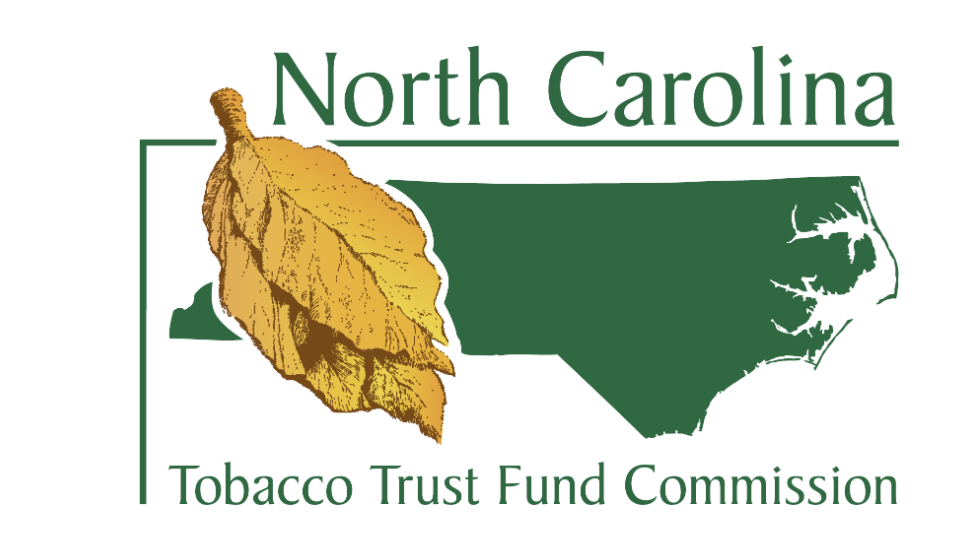Taxes, Licensing, and Zoning
go.ncsu.edu/readext?770602
en Español / em Português
El inglés es el idioma de control de esta página. En la medida en que haya algún conflicto entre la traducción al inglés y la traducción, el inglés prevalece.
Al hacer clic en el enlace de traducción se activa un servicio de traducción gratuito para convertir la página al español. Al igual que con cualquier traducción por Internet, la conversión no es sensible al contexto y puede que no traduzca el texto en su significado original. NC State Extension no garantiza la exactitud del texto traducido. Por favor, tenga en cuenta que algunas aplicaciones y/o servicios pueden no funcionar como se espera cuando se traducen.
Português
Inglês é o idioma de controle desta página. Na medida que haja algum conflito entre o texto original em Inglês e a tradução, o Inglês prevalece.
Ao clicar no link de tradução, um serviço gratuito de tradução será ativado para converter a página para o Português. Como em qualquer tradução pela internet, a conversão não é sensivel ao contexto e pode não ocorrer a tradução para o significado orginal. O serviço de Extensão da Carolina do Norte (NC State Extension) não garante a exatidão do texto traduzido. Por favor, observe que algumas funções ou serviços podem não funcionar como esperado após a tradução.
English
English is the controlling language of this page. To the extent there is any conflict between the English text and the translation, English controls.
Clicking on the translation link activates a free translation service to convert the page to Spanish. As with any Internet translation, the conversion is not context-sensitive and may not translate the text to its original meaning. NC State Extension does not guarantee the accuracy of the translated text. Please note that some applications and/or services may not function as expected when translated.
Collapse ▲This page provides discussion of various local licensing issues, including remittance (or exemption) from sales taxes for farms, required licensing (e.g., alcohol), and applicable zoning (including exemption as a bona fide farm).
Reading
Neighbor Complaints and Response: the Basics of North Carolina’s Right to Farm and Bona Fide Zoning. This narrative provides a distinction between the farm protection statutes of right to farm and bona fide farm zoning exemption, from the perspective of when authorities should respond to neighbor complaints about farming and land use.
Bona Fide Farm Zoning: NC Appeals Court Limits Agritourism Definition. This case review illustrates a North Carolina Court’s approach to defining the term “agritourism.”
Administrative Law: Exhaustion Required for Administrative Bona Fide Farm Determination. This case review reinforces the route zoning appeals must take with the county zoning department before reaching court.
Presentations
The Bona Fide Farm Exemption. This presentation puts an emphasis on the distinction and connection of exemptions and qualifications for the Bona Fide Farm Exemption, including PUV, qualifying farmer certificate, and use of the Schedule F.
Tax Concepts for Livestock Owners. This presentation was made to the Person County Cattlemen’s Association meeting in February 2022. It covers basic farm tax concepts, income reporting and depreciation under the 2017 Tax Cuts and Jobs Act, along with an update on estate and gift taxes.
Zoning, Building Permits, and the Bona Fide Farm. This presentation was made to the Western NC Agritourism Curriculum, August 2020.
Basic Farm Regulation and Liability. This presentation scratches the surface of basic farm regulation, including land use, zoning, food safety, and sales and property taxes.
Sales Taxes.This presentation covers which farm products are subject to sales tax, as well as the farmer’s sales tax exemption certificate issued by NCDOR.
Regulation of On-Farm Processing. This presentation covers the very basics of regulation of on-farm processing, including exemption limits.
Acknowledgements
Content loaded to Agricultural and Natural Resource Law portal, including narratives, workbooks and presentations, is supported by The North Carolina Tobacco Trust Fund Commission (TTFC) (Grant award 2019-001-16).



